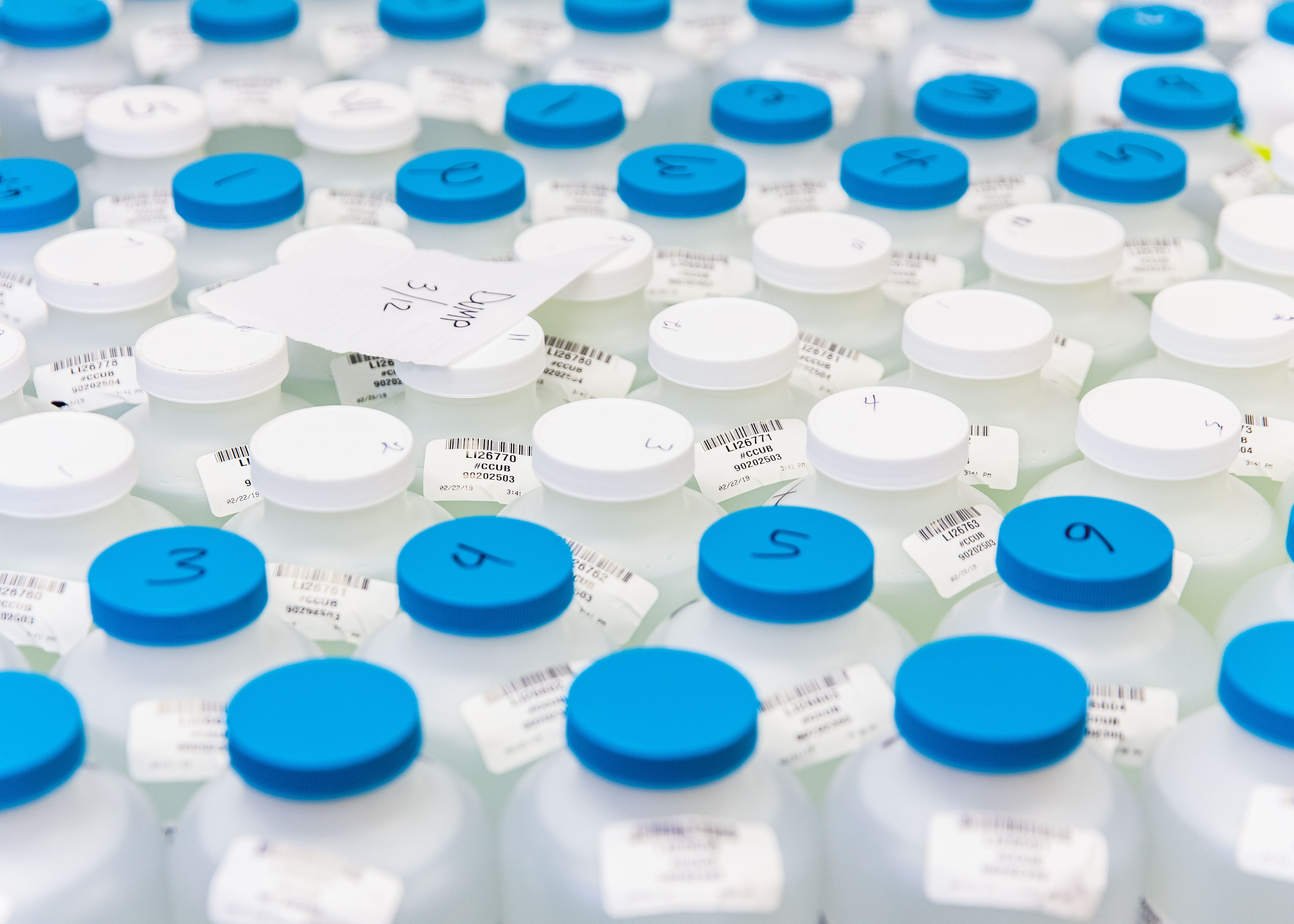March 21, 2024

Bottles containing drinking water for testing at the state laboratory.
In September 2023, Michigan launched a $5 million program offering no-cost water testing kits to private well owners, highlighting the importance of routine testing for ensuring the quality of drinking water. The initiative received an overwhelming response, with over 15,000 well owners requesting kits within just one week, quickly exhausting the initial funding.
Laboratories contracted to complete the general water quality analyses are diligently sending out kits from the initial 15,000 requests to residents weekly, prioritizing requests in the order they were received. The testing includes coliform bacteria, nitrates, nitrites, metals, and other common contaminants. The requirement to analyze samples within 48 hours of receipt has slowed the process, emphasizing the need for efficient processing to meet demand. Residents who receive kits are being asked to collect their samples as soon as possible to assist with the processing. More than 3,000 kits have been sent out to residents since September.
The program, offered by the State of Michigan’s Department of Environment, Great Lakes and Energy (EGLE), underscores the responsibility that private well owners have for the quality of their drinking water and the maintenance of their well systems for the health and safety of their families. Many of the contaminants included in the testing have no taste, color, or odor and without a laboratory analysis would go undetected and potentially causing harmful health effects. Some residents who have received testing kits have reported that the testing has revealed the presence of contaminants they were unaware were present, allowing them to make decisions about how best to correct problems found.
In addition to the testing program, the State of Michigan provides information for well owners through the Michigan Department of Health and Human Services’ (MDHHS) Care for MiWell website. The website offers information on how water wells work, proper maintenance, and recommended routine sampling to check for possible contaminants. MDHHS recommends annual sampling for coliform bacteria, nitrates, and nitrites, and sampling for arsenic every three to five years, as it is a naturally occurring contaminant in Michigan groundwater. Lead and copper testing is also recommended at least once.
The Care for MiWell website also includes resources to help owners understand their test results and determine the best way to correct problems with their wells.
Although the initial funding has been exhausted, many residents are still requesting kits and paying for the testing. Overall, Michigan's program and resources aim to empower private well owners to take control of their drinking water quality and ensure the health and safety of their families.




